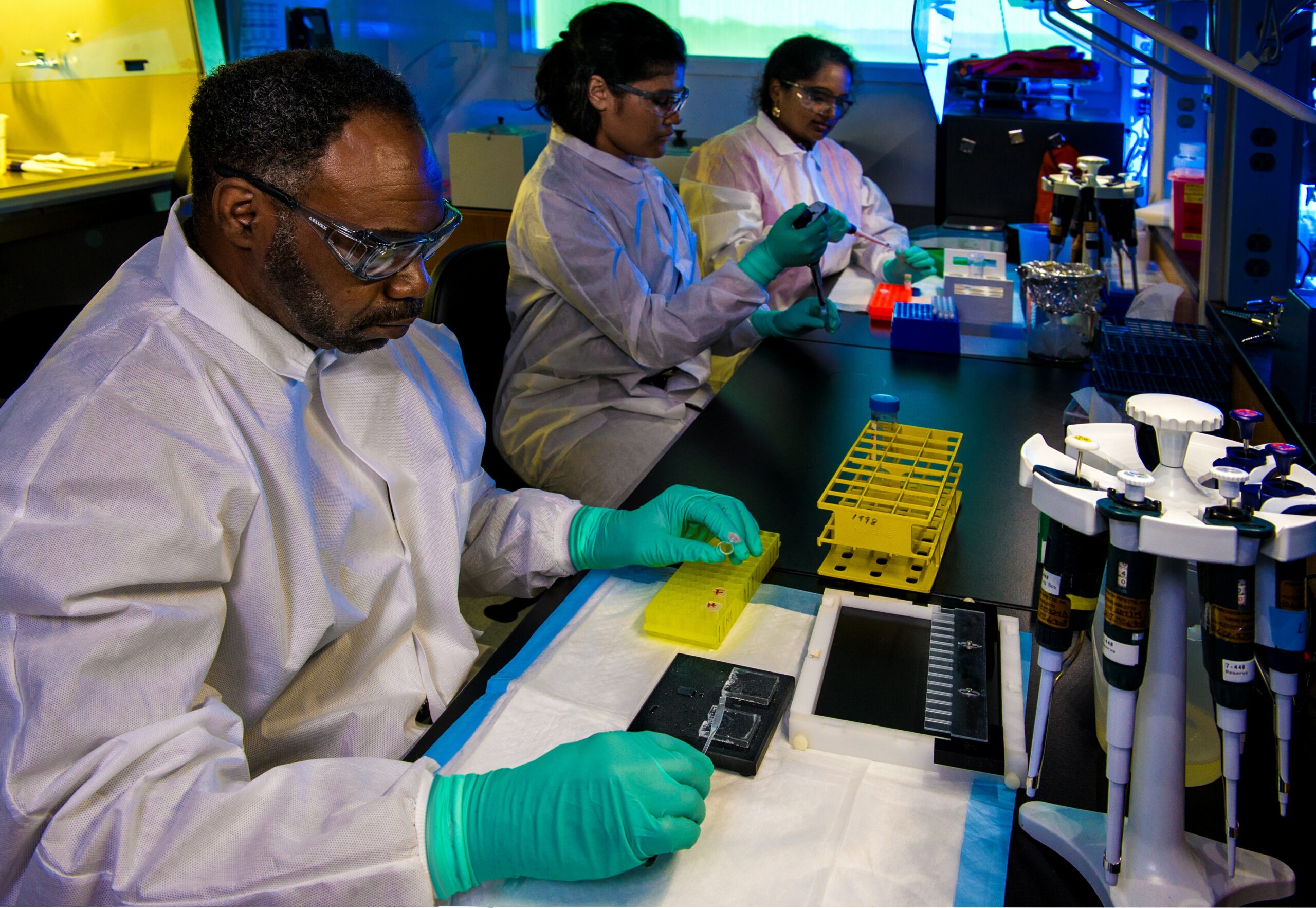
Description
Status
Closed CallDeadline
31 Dec 2021Type
ResearchCountriess
Afghanistan, Algeria, Angola, Argentina, Armenia, Azerbaijan, Bangladesh, Belize, Benin, Bhutan, Bolivia, Botswana, Brazil, Burkina Faso, Burundi, Cabo Verde, Cambodia, Cameroon, Central African Republic, Chad, Chile, China, Colombia, Comoros, Costa Rica, Côte d’Ivoire, Democratic People’s Republic of Korea, Democratic Republic of the Congo, Djibouti, Ecuador, Egypt, El Salvador, Equatorial Guinea, Eritrea, Eswatini, Ethiopia, Gabon, Gambia, Georgia, Ghana, Guatemala, Guinea, Guinea-Bissau, Guyana, Haiti, Honduras, India, Indonesia, Iran, Iraq, Jordan, Kazakhstan, Kenya, Kyrgyzstan, Laos, Lebanon, Lesotho, Liberia, Libya, Madagascar, Malawi, Malaysia, Mali, Mauritania, Mauritius, Mexico, Mongolia, Morocco, Mozambique, Myanmar, Namibia, Nepal, Niger, Nigeria, Occupied Palestinian Territory, Pakistan, Panama, Papua New Guinea, Paraguay, Peru, Philippines, Rwanda, Saint Helena, Sao Tome and Principe, Senegal, Seychelles, Sierra Leone, Somalia, South Africa, South Sudan, Sri Lanka, Sudan, Suriname, Syria, Tajikistan, Tanzania, Thailand, Togo, Tunisia, Uganda, Uruguay, Uzbekistan, Venezuela, Vietnam, Yemen, Zambia, ZimbabweInstitution
SDC & SNSFThe Swiss Agency for Development and Cooperation (SDC) and the Swiss National Science Foundation (SNSF) offer this funding scheme for development-related research on global issues.
The main focus of the “Swiss Programme for Research on Global Issues for Development“ (r4d programme) lies on the generation of new insights and innovative approaches, on solutions as well as on the application of research results into policy and practice through transnational research partnerships. The focus of the programme is the reduction of poverty and global risks as well as the provision of public goods. Inter- and transdisciplinary research with a problem- and solution orientated approach is funded.
The implementation of the research results into policy and practice is of high significance and considered an integral part of the research activities. The research is organised in five thematic modules and a thematically open module. For details, take a look at the Factsheet 2021.




